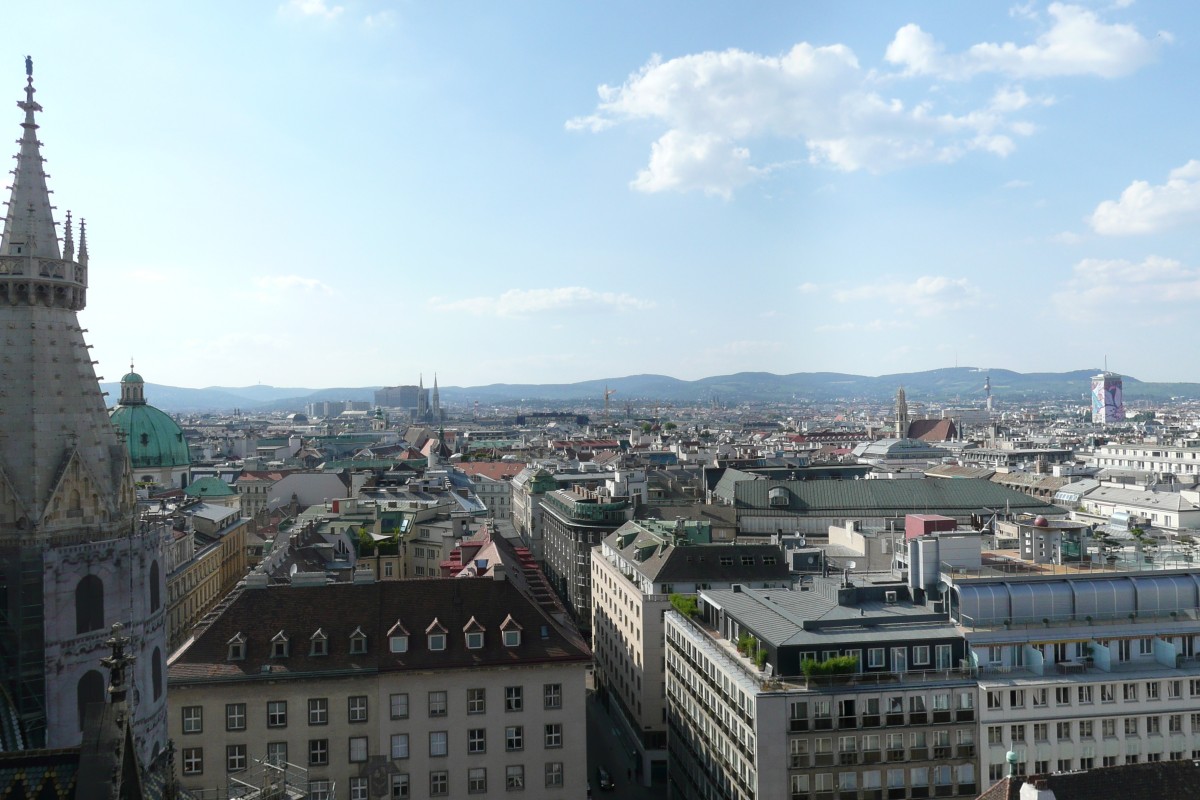Sponsored Content
City of Vienna Establishes Energy Crisis Unit
The City of Vienna established an advisory committee on energy supply, which will work as a crisis unit on energy supply issues. Together with the crisis unit that has existed since the Covid pandemic, it is to accompany the preparations for the winter and make proposals for measures to secure energy supplies.
 The Vienna Energy Crisis Staff calls for more cooperation between the federal states and the federal government. / Picture: © Wikimedia Commons; Ogre, CC BY 3.0
The Vienna Energy Crisis Staff calls for more cooperation between the federal states and the federal government. / Picture: © Wikimedia Commons; Ogre, CC BY 3.0
The city government of Vienna is setting up an energy crisis team due to the energy crisis and rising energy prices announced Economic Councillor Peter Hanke (SPÖ). The energy supply in Vienna is secured, but forward-looking action is necessary, Hanke emphasized. Statistically, Viennese citizens are only affected by a power failure for 18 minutes per year, Hanke explained.
The…
or Log In
Fast News Search





